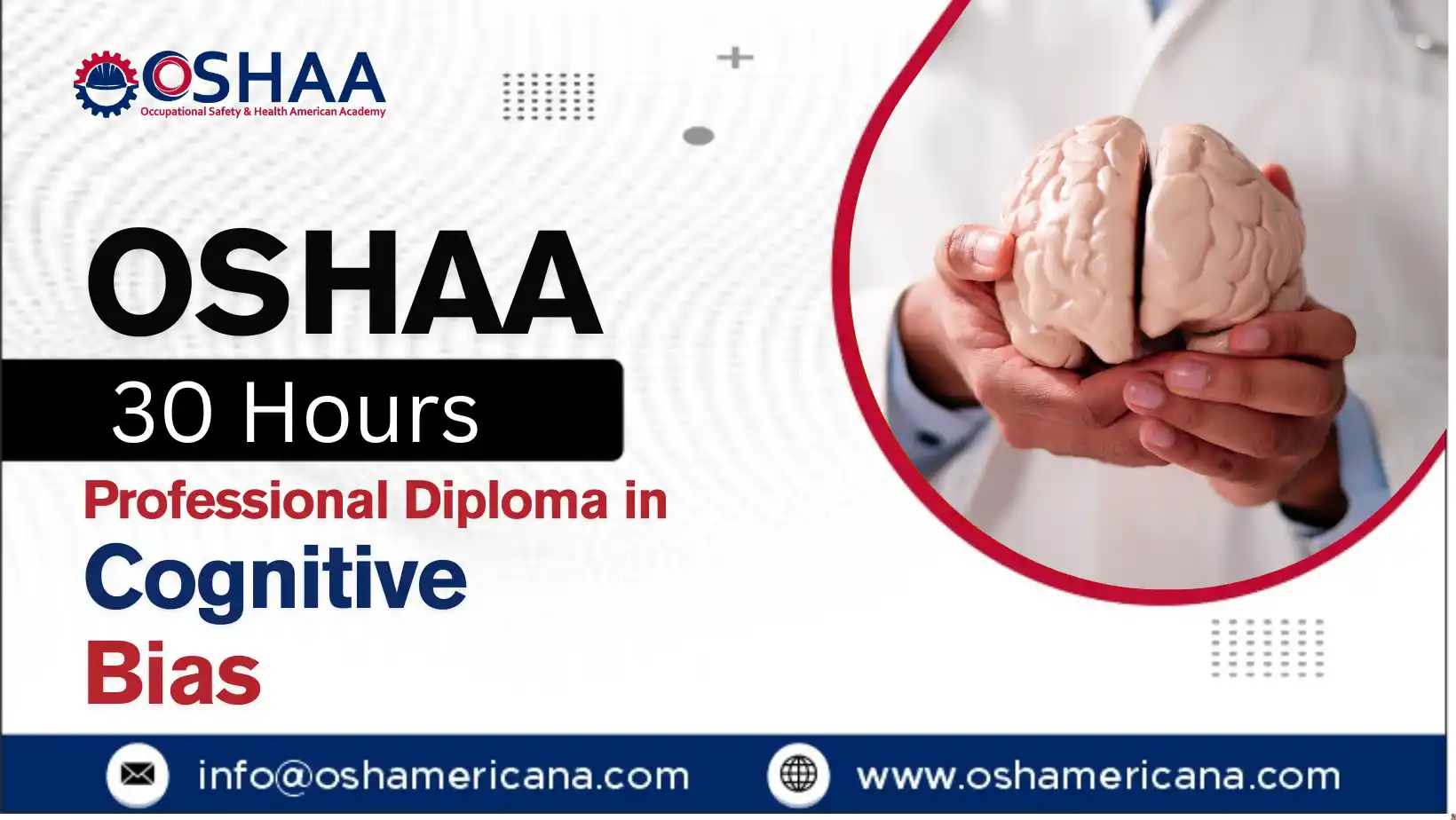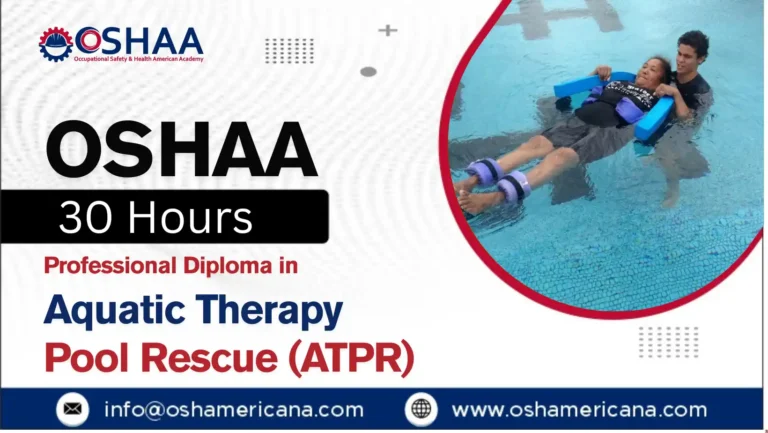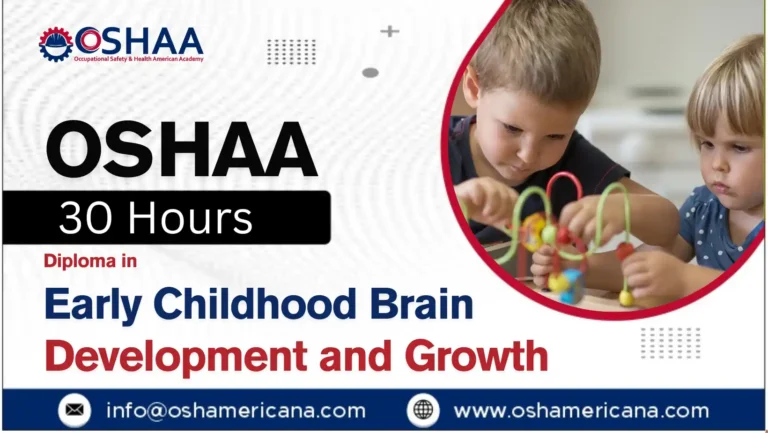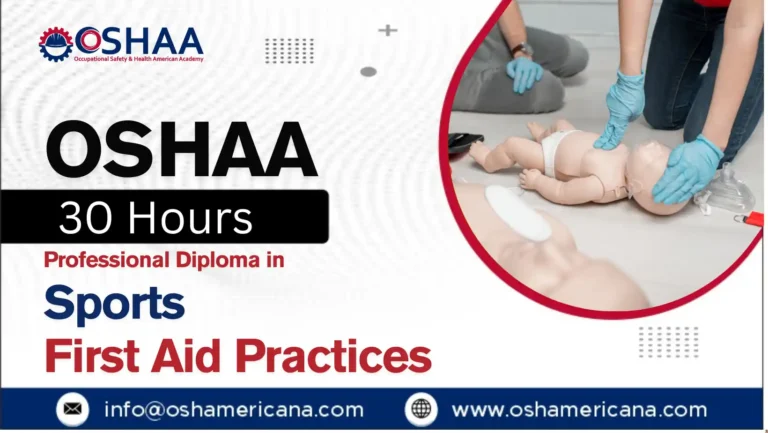The OSHAA 30-Hours Professional Diploma in Cognitive Bias offers a focused and insightful exploration into one of the most compelling aspects of human psychology. Designed in line with UK professional training standards, this diploma equips participants with a comprehensive understanding of cognitive biases and their wide-reaching impact on personal judgement, decision-making, and professional interactions.
Cognitive bias refers to the systematic patterns of deviation from norm or rationality in judgment. These unconscious errors in thinking influence the way individuals perceive reality, interpret data, and make decisions—often without realising it. For professionals working in fields such as psychology, counselling, healthcare, education, leadership, law, or social care, developing a critical awareness of these biases is essential to ensuring ethical, balanced, and objective practice.
The OSHAA diploma presents a well-structured curriculum that spans psychological theory, evidence-based research, and practical applications. Participants engage with key concepts such as confirmation bias, anchoring, availability heuristics, groupthink, attribution errors, and other forms of cognitive distortion. The programme explores how these biases manifest in real-life scenarios, from clinical settings to organisational dynamics and everyday interpersonal encounters.
Through interactive modules, participants are encouraged to analyse their own cognitive tendencies, assess the effects of bias on behaviour and communication, and develop strategies for mitigating unconscious influence in decision-making processes. The course fosters critical thinking and reflective learning, enhancing both personal insight and professional competence.
OSHAA 30-Hours Professional Diploma in Cognitive Bias
Study Units
Learning Outcomes
Introduction to Cognitive Bias: Definitions and Historical Background (3 Hours)
- Define cognitive bias and understand its significance in human behaviour
- Identify the origins and development of the concept over time
- Recognise the role of cognitive bias in shaping individual and collective thinking
- Differentiate between cognitive bias and related psychological constructs
Types of Cognitive Biases: Classification and Key Examples (4 Hours)
- Categorise the major types of cognitive biases
- Illustrate key examples such as hindsight bias, self-serving bias, and framing effect
- Explain the mechanisms through which different biases operate
- Evaluate the implications of various biases across professional and social contexts
The Psychology Behind Bias: Heuristics and Mental Shortcuts (5 Hours)
- Understand the concept of heuristics and their function in everyday thinking
- Examine how mental shortcuts contribute to biased judgments
- Analyse the relationship between cognitive efficiency and errors in reasoning
- Discuss theories from behavioural psychology relevant to heuristic thinking
Impact of Cognitive Bias on Perception, Memory, and Judgement (3 Hours)
- Explore how biases affect perception and attention processes
- Examine the influence of bias on memory recall and accuracy
- Assess how cognitive distortions shape personal and professional judgements
- Understand the neurological and psychological basis for biased thinking
Confirmation Bias, Anchoring, and Availability Heuristic in Practice (6 Hours)
- Define and distinguish between confirmation bias, anchoring, and availability heuristic
- Identify real-world scenarios where these biases occur
- Evaluate their impact on decision-making and problem-solving
- Develop techniques for recognising and mitigating these biases in practice
Social and Group Influences: Groupthink, In-Group Bias, and Stereotyping (3 Hours)
- Understand how social dynamics influence individual cognitive processes
- Analyse the effects of groupthink and in-group favouritism on group decisions
- Identify the cognitive roots of stereotyping and its consequences
- Reflect on strategies to minimise social biases in team-based environments
Cognitive Bias in Professional Decision-Making and Risk Assessment (4 Hours)
- Identify how biases distort professional judgement in high-stakes environments
- Assess the risks associated with biased decision-making in different sectors
- Apply frameworks to improve objectivity and risk analysis
- Integrate critical thinking techniques to support ethical and balanced choices
Cultural and Environmental Factors Influencing Cognitive Bias (2 Hours)
- Explore the role of cultural background in shaping cognitive biases
- Understand environmental triggers that reinforce biased behaviour
- Recognise the variability of bias across diverse populations
- Examine global case studies highlighting cultural differences in bias expression
Course Benefits – OSHAA 30-Hours Professional Diploma in Cognitive Bias
- Develop a deep understanding of the cognitive processes that shape perception, reasoning, and decision-making
- Enhance professional judgement by learning to identify and counteract common cognitive distortions
- Improve communication, leadership, and interpersonal skills through increased psychological insight
- Strengthen critical thinking abilities essential for roles in healthcare, education, social services, business, and law
- Gain practical tools to mitigate bias in high-stakes environments and ethical decision-making
- Build greater cultural and social awareness by recognising how external influences affect thinking patterns
- Apply evidence-based strategies to promote objectivity, fairness, and clarity in professional settings
- Improve personal effectiveness and emotional intelligence through self-awareness of unconscious biases
- Equip yourself with a professionally recognised qualification aligned with UK occupational and training standards
- Enhance your CV and career prospects in roles requiring analytical thinking, reflective practice, and responsible leadership
The OSHAA 30-Hours Professional Diploma in Cognitive Bias is designed for individuals who wish to deepen their understanding of human thought processes and enhance their professional effectiveness by recognising and addressing cognitive bias. This course is particularly suitable for:
- Mental health professionals, therapists, and counsellors seeking to improve client outcomes through deeper cognitive insight
- Healthcare practitioners aiming to support unbiased, ethical, and patient-centred care
- Educators and academic professionals interested in fostering critical thinking and reflective learning environments
- Business leaders, managers, and HR professionals looking to make informed, balanced, and inclusive decisions
- Social workers, community leaders, and policy makers addressing fairness and objectivity in social interventions
- Legal professionals aiming to improve analytical reasoning and minimise bias in assessments and judgments
- Researchers and analysts working with data interpretation, behavioural studies, or policy development
- Anyone committed to personal growth, ethical leadership, and evidence-based decision-making in their field
This diploma supports a broad range of sectors by offering essential knowledge and practical tools for recognising the often subtle yet powerful influence of cognitive bias in everyday and professional contexts.







